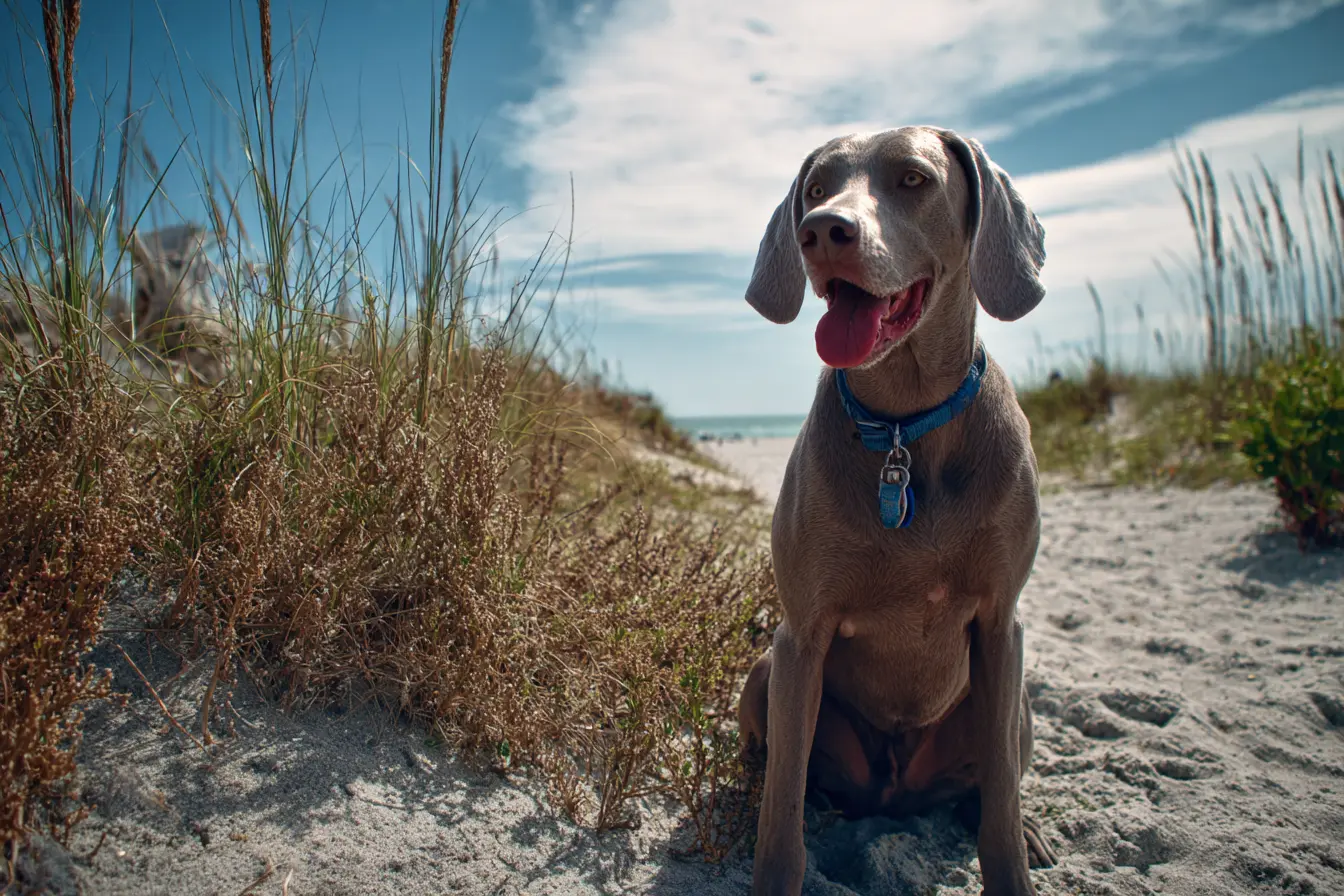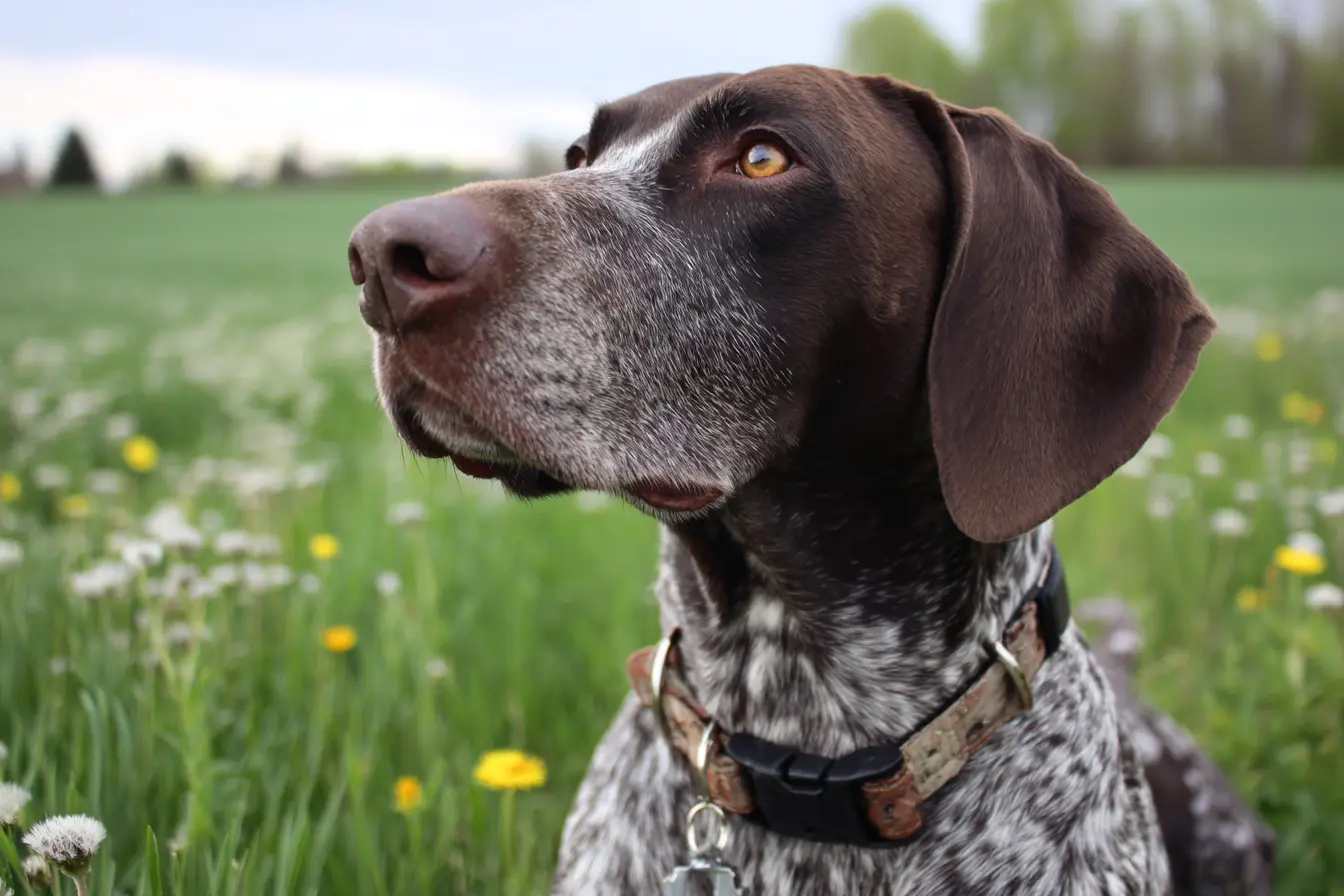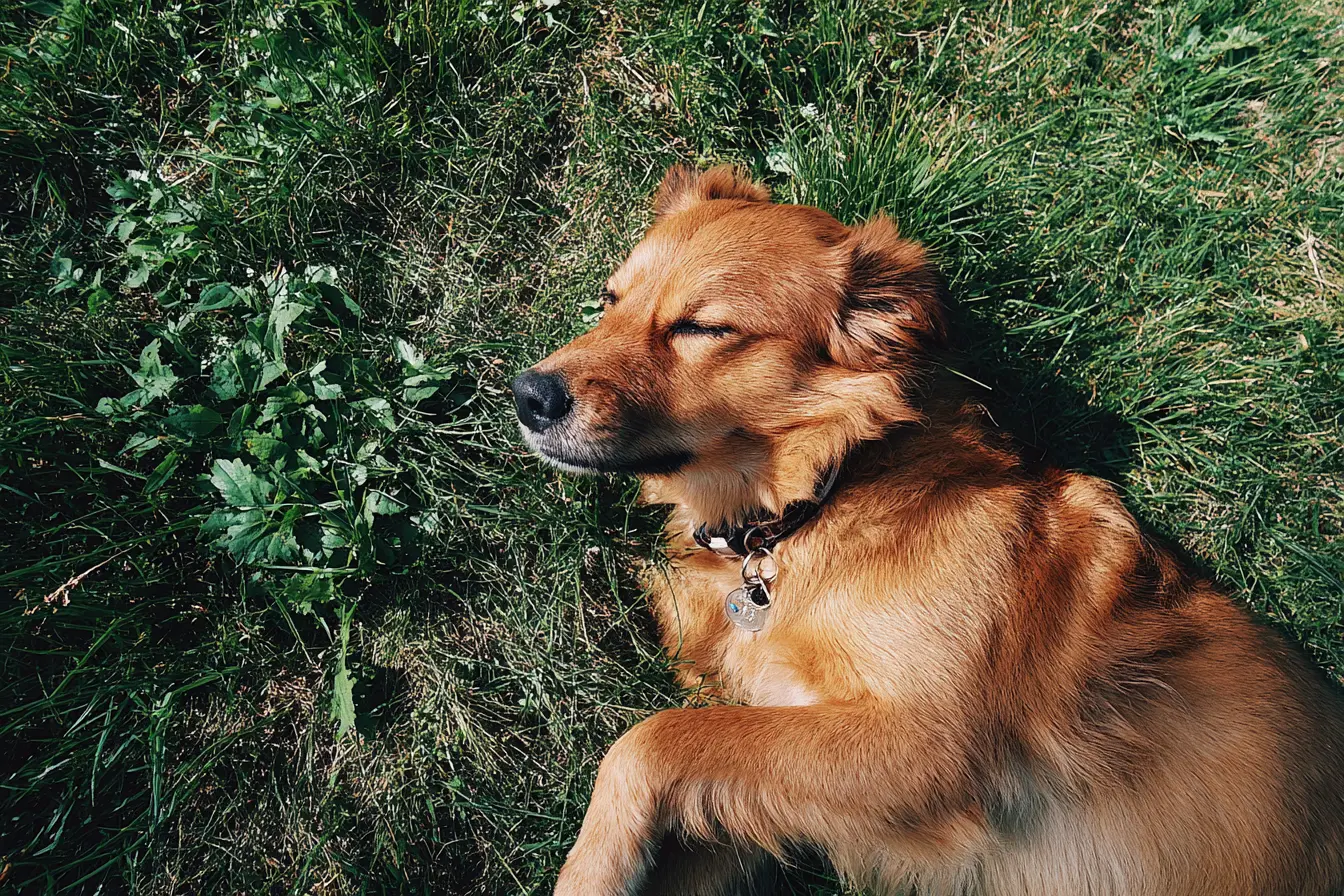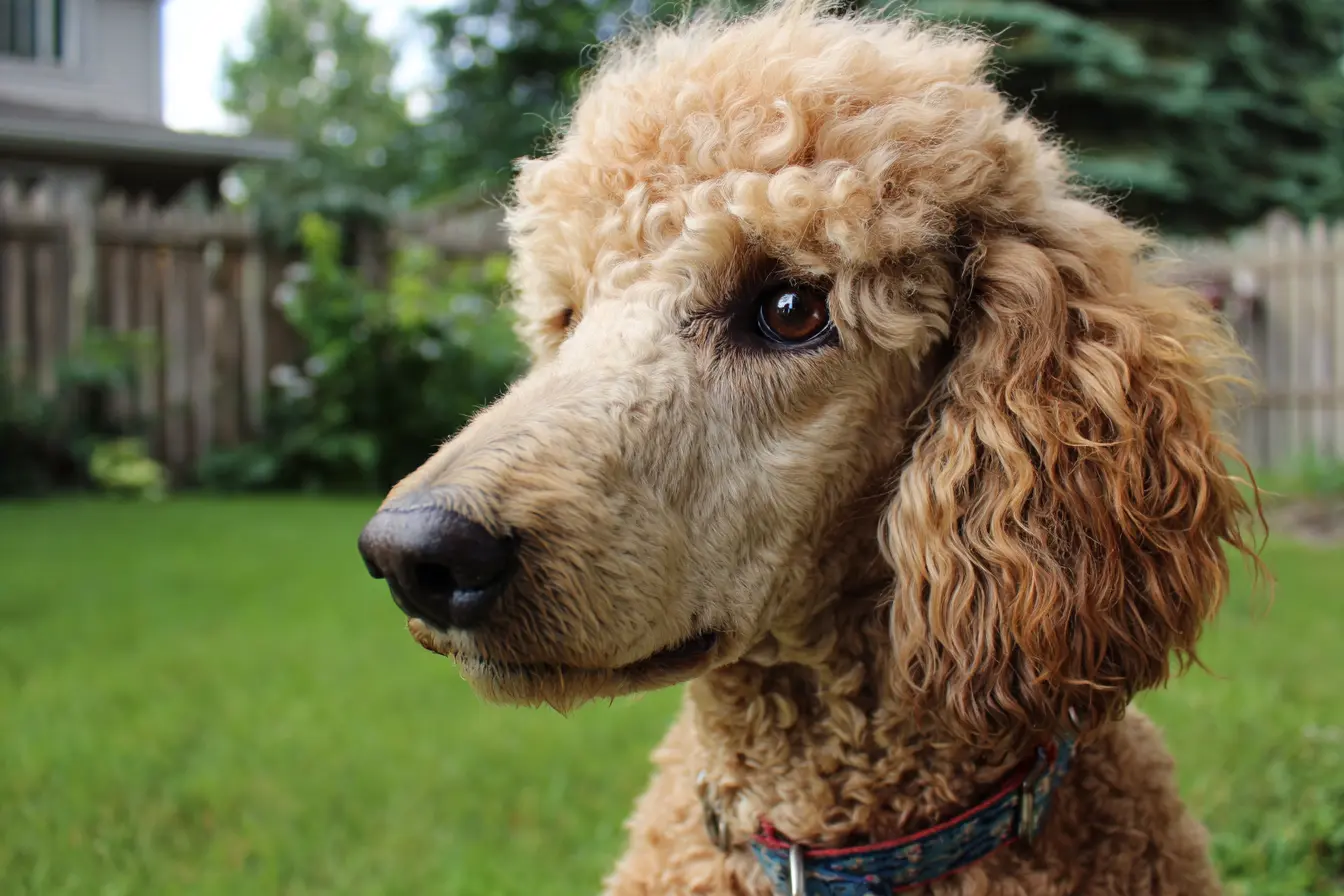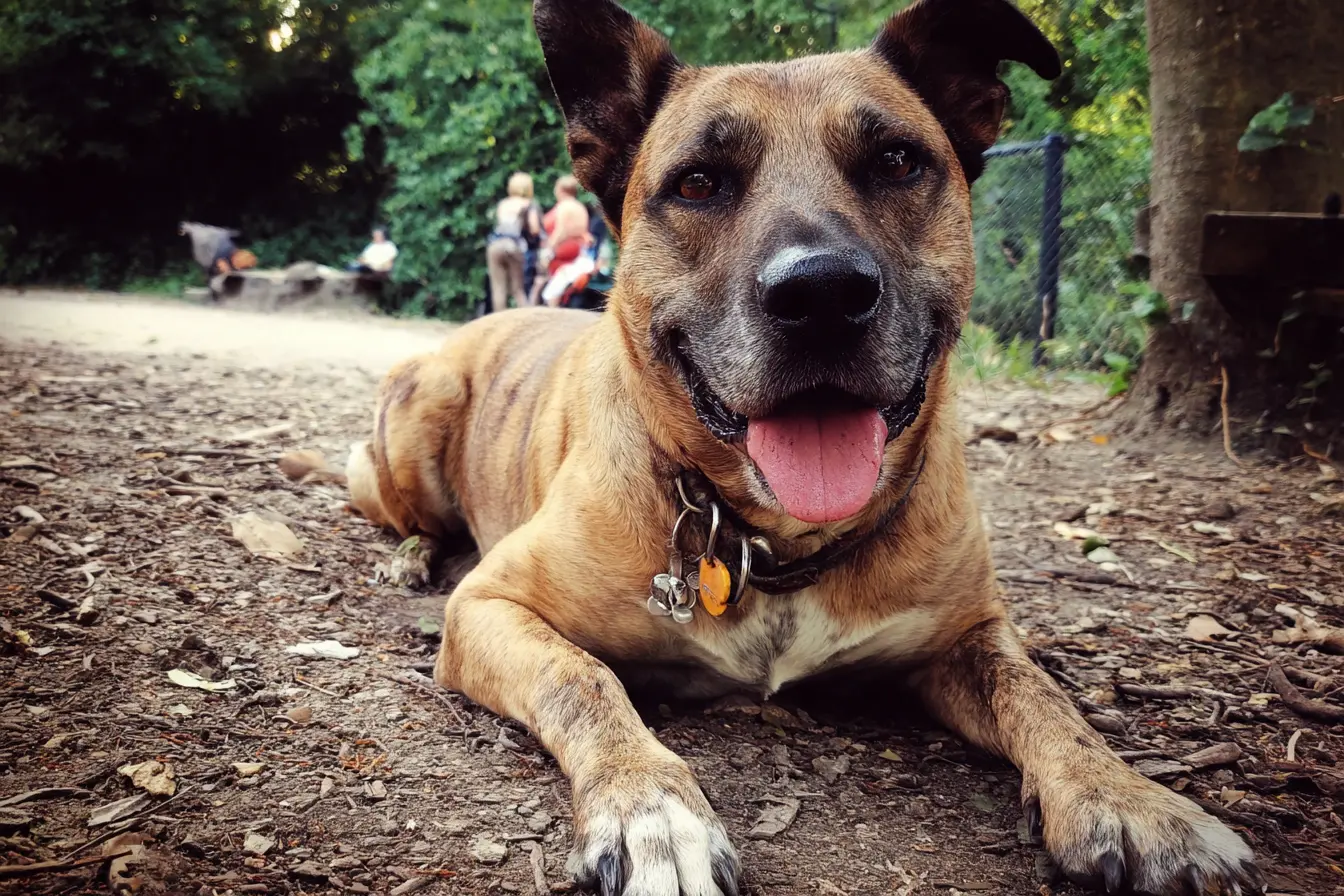
Understanding the Dog Breed Groups Recognised in the UK
When it comes to choosing a dog, understanding the different breed groups can provide valuable insight into the characteristics, behaviours, and needs of various breeds. In the United Kingdom, the Kennel Club recognises seven distinct dog groups, each categorised based on the historical purpose of the breed. This comprehensive guide explores each group in detail, helping you find the breed that best suits your lifestyle and preferences.
Gundog Group
Originally bred to work alongside hunters, Gundogs are known for their excellent scenting abilities, intelligence, and trainability. They are typically friendly, sociable dogs who thrive on human companionship and enjoy active lifestyles.
Key Traits:
- Highly trainable and eager to please
- Energetic and requiring substantial daily exercise
- Excellent swimmers and retrievers
- Affectionate and sociable
Popular Breeds:
- Labrador Retriever
- Golden Retriever
- English Springer Spaniel
- Cocker Spaniel
- Weimaraner
- Irish Setter
- German Shorthaired Pointer
Ideal For:
Active individuals or families who can provide regular outdoor activities and mental stimulation.
Hound Group
Hounds were developed for hunting, either by scent (scenthounds) or sight (sighthounds). These dogs are known for their keen sense of smell or exceptional speed and vision.
Key Traits:
- Independent thinkers
- Strong hunting instincts
- Varying energy levels (from laid-back to extremely active)
- Often vocal, particularly scent hounds
Popular Breeds:
Ideal For:
Owners who appreciate a breed with a strong instinctual drive and are prepared for occasional stubbornness.
Pastoral Group
Pastoral dogs were bred for herding and working livestock. They are highly intelligent, energetic, and respond well to training. Many are still used for their original purpose today.
Key Traits:
- Exceptional stamina and work ethic
- Highly intelligent and trainable
- Loyal and protective
- Thrive on having a job to do
Popular Breeds:
- Border Collie
- German Shepherd Dog
- Old English Sheepdog
- Shetland Sheepdog
- Welsh Corgi (Pembroke and Cardigan)
- Bearded Collie
- Belgian Shepherd (Groenendael, Malinois, Tervuren, Laekenois)
Ideal For:
Active owners with time to engage their dog in training, sports, or herding activities.
Terrier Group
Terriers were bred to hunt vermin above and below ground. They are feisty, energetic, and full of character, often displaying a fearless attitude disproportionate to their small size.
Key Traits:
- Tenacious and bold
- High energy and love of digging
- Can be independent and strong-willed
- Generally low-shedding but may require hand-stripping
Popular Breeds:
- Staffordshire Bull Terrier
- Border Terrier
- West Highland White Terrier
- Jack Russell Terrier
- Airedale Terrier
- Scottish Terrier
- Cairn Terrier
- Bull Terrier
Ideal For:
Owners looking for a lively, courageous companion who enjoys a bit of mischief.
Toy Group
Toy breeds were developed primarily for companionship. These small dogs are often affectionate, lively, and devoted, making them excellent pets for those with limited space.
Key Traits:
- Small size, often suitable for flat living
- Loyal and affectionate
- Often confident and outgoing
- May be delicate and require careful handling
Popular Breeds:
Ideal For:
Individuals or families seeking a small, affectionate companion, often well-suited to urban environments.
Utility Group
The Utility Group encompasses a diverse range of breeds that do not fit neatly into the other categories. Originally developed for various purposes, these breeds are united by their unique characteristics and adaptability.
Key Traits:
- Wide variety of sizes, appearances, and temperaments
- Intelligent and adaptable
- Some breeds require significant grooming
Popular Breeds:
- Dalmatian
- Poodle (Standard, Miniature, and Toy)
- Bulldog
- Shih Tzu
- Akita
- Lhasa Apso
- Keeshond
- Boston Terrier
Ideal For:
Those who appreciate a distinctive breed with specialised needs, and are prepared to research their specific breed thoroughly.
Working Group
Working breeds were developed to perform practical tasks such as guarding, rescue work, and draught work. These are powerful, intelligent dogs who are often protective and loyal.
Key Traits:
- Strong and physically capable
- Intelligent and trainable
- Protective and often reserved with strangers
- Require experienced handling and early socialisation
Popular Breeds:
- Rottweiler
- Boxer
- Dobermann
- Great Dane
- Newfoundland
- Siberian Husky
- Mastiff
- Bernese Mountain Dog
Ideal For:
Experienced dog owners who can provide firm training, leadership, and sufficient physical activity.
Conclusion
Understanding the seven breed groups recognised by the Kennel Club is an essential first step in finding the right dog to suit your lifestyle. Each group brings its own unique set of traits, energy levels, and care requirements. Whether you seek a loyal family companion, an energetic working partner, or a loving lapdog, there is a breed out there perfectly suited to your needs.
Vets near you
Speciality vets
- Aquatics vet specialists
- Birds vet specialists
- Camelids vet specialists
- Cats vet specialists
- Cattle vet specialists
- Deer vet specialists
- Dogs vet specialists
- Equines vet specialists
- Exotic vet specialists
- Goats vet specialists
- Pigs vet specialists
- Poultry vet specialists
- Sheep vet specialists
- Small Mammals vet specialists
- Wild vet specialists
Vet facilities
- Accessible by public transport
- Blood testing
- Car park nearby
- Client car park
- Dentistry
- Diagnostic imaging
- Disabled public access
- Flea and worm treatments
- Microchipping
- Mobile services
- Neutering
- Open at weekends
- Out-of-hours service
- Referral interests
- Referrals only
- Street parking outside
- Toilets available
- Vaccinations
